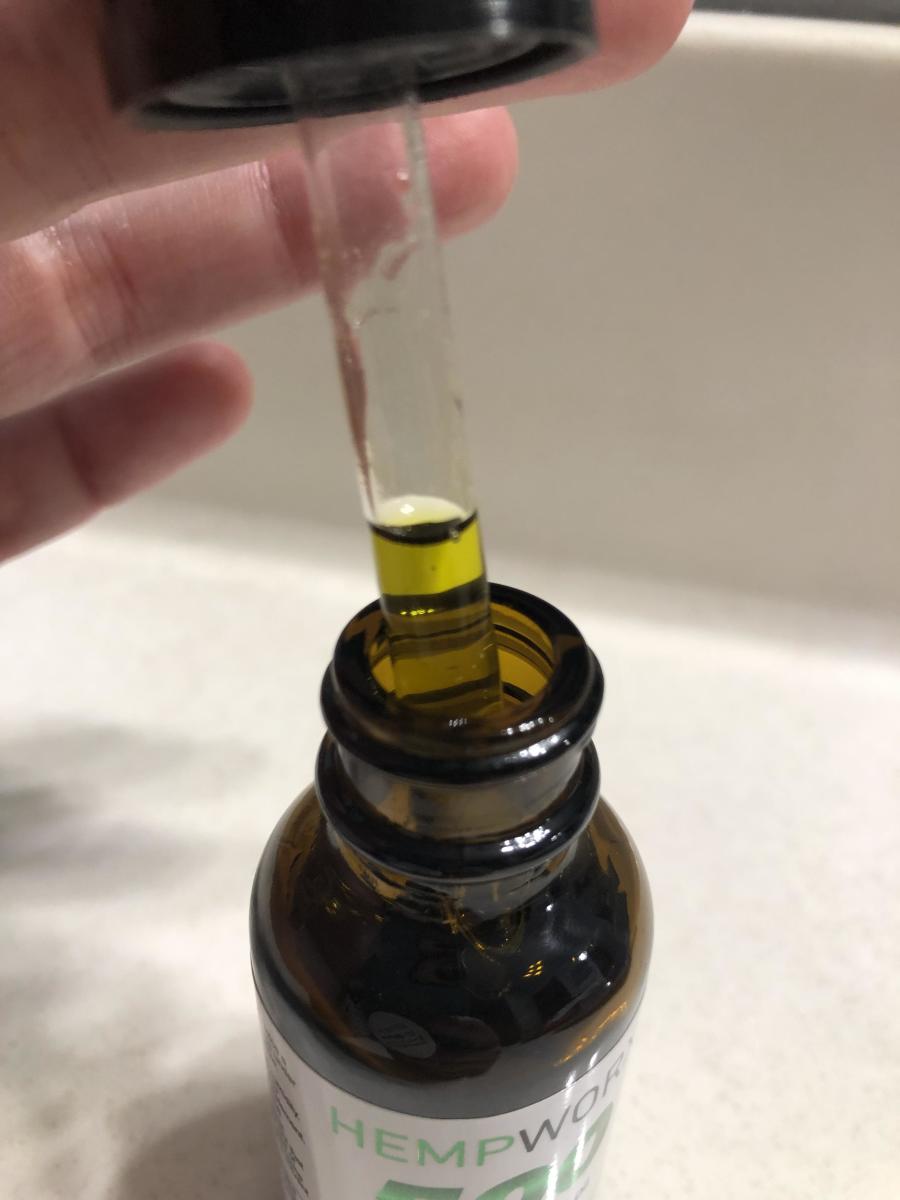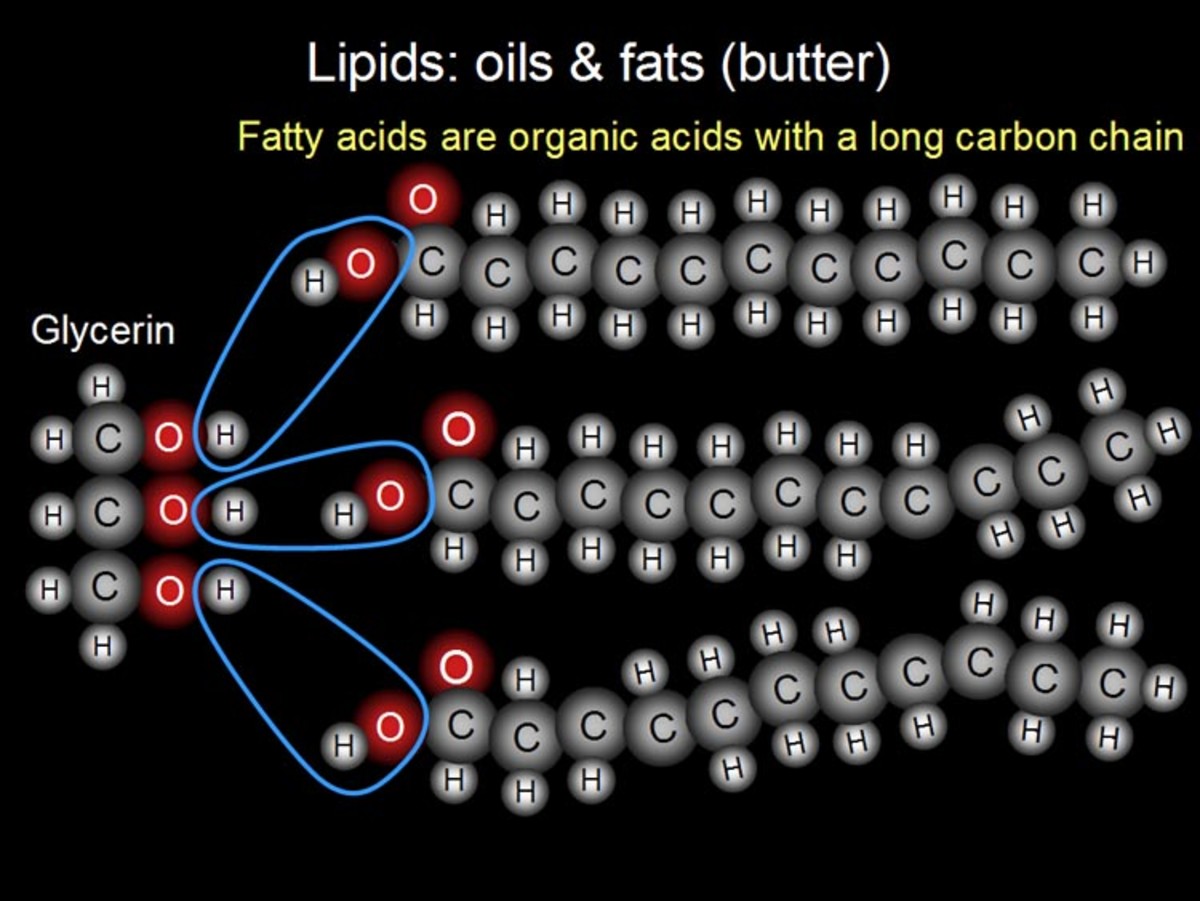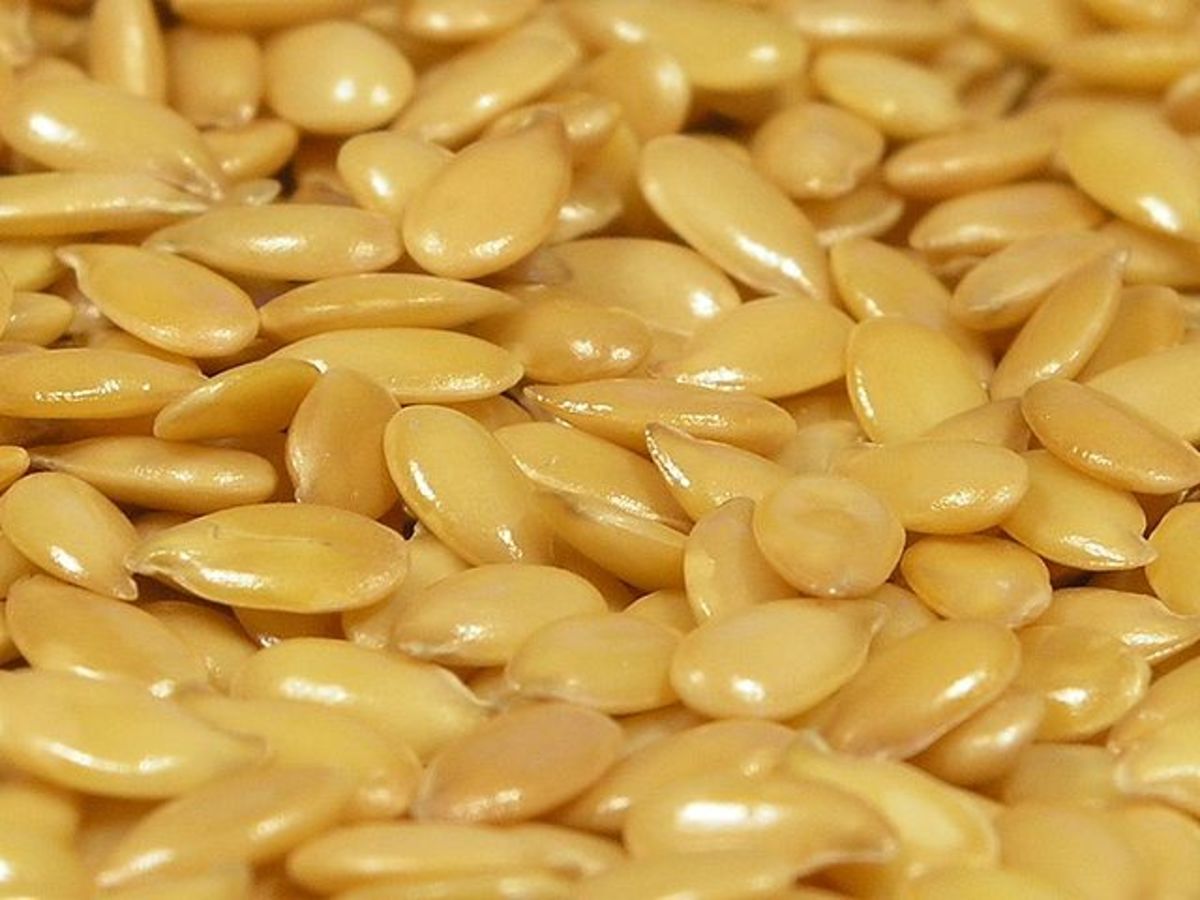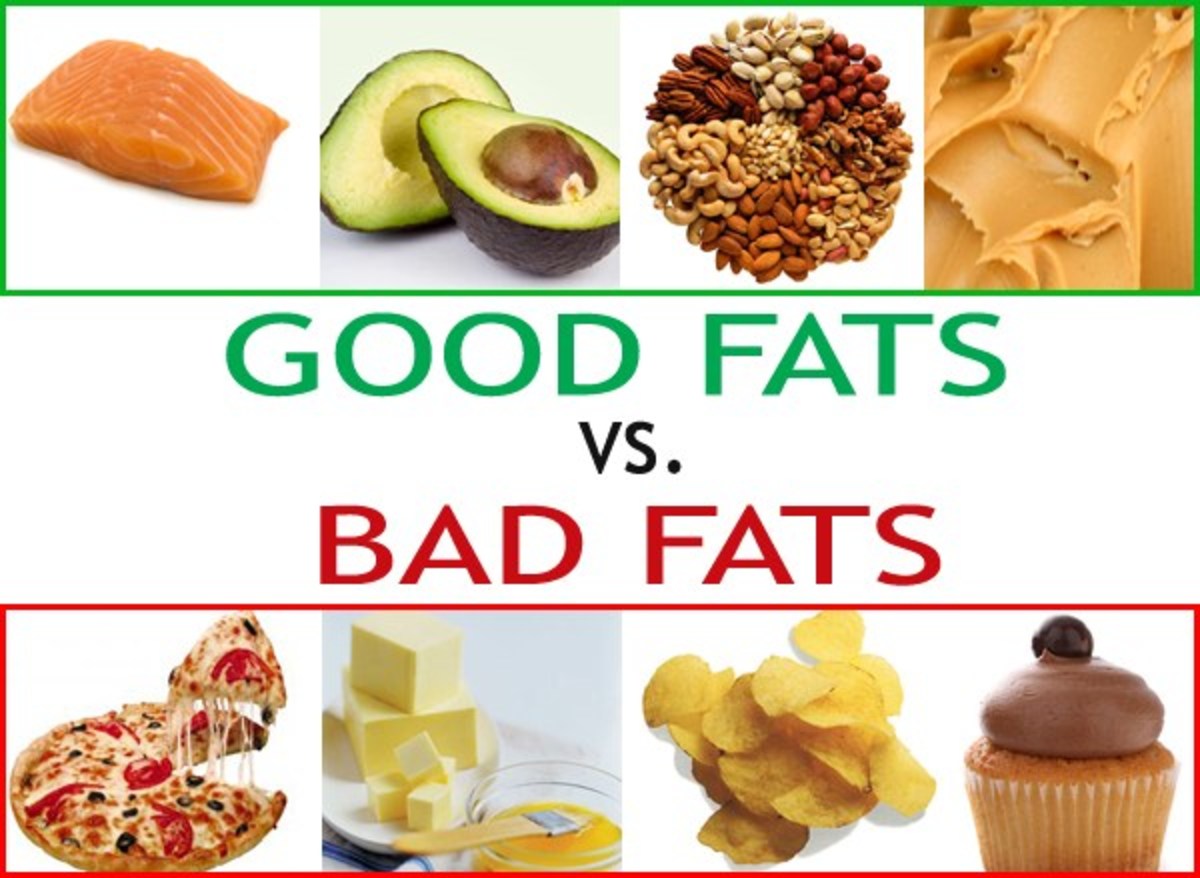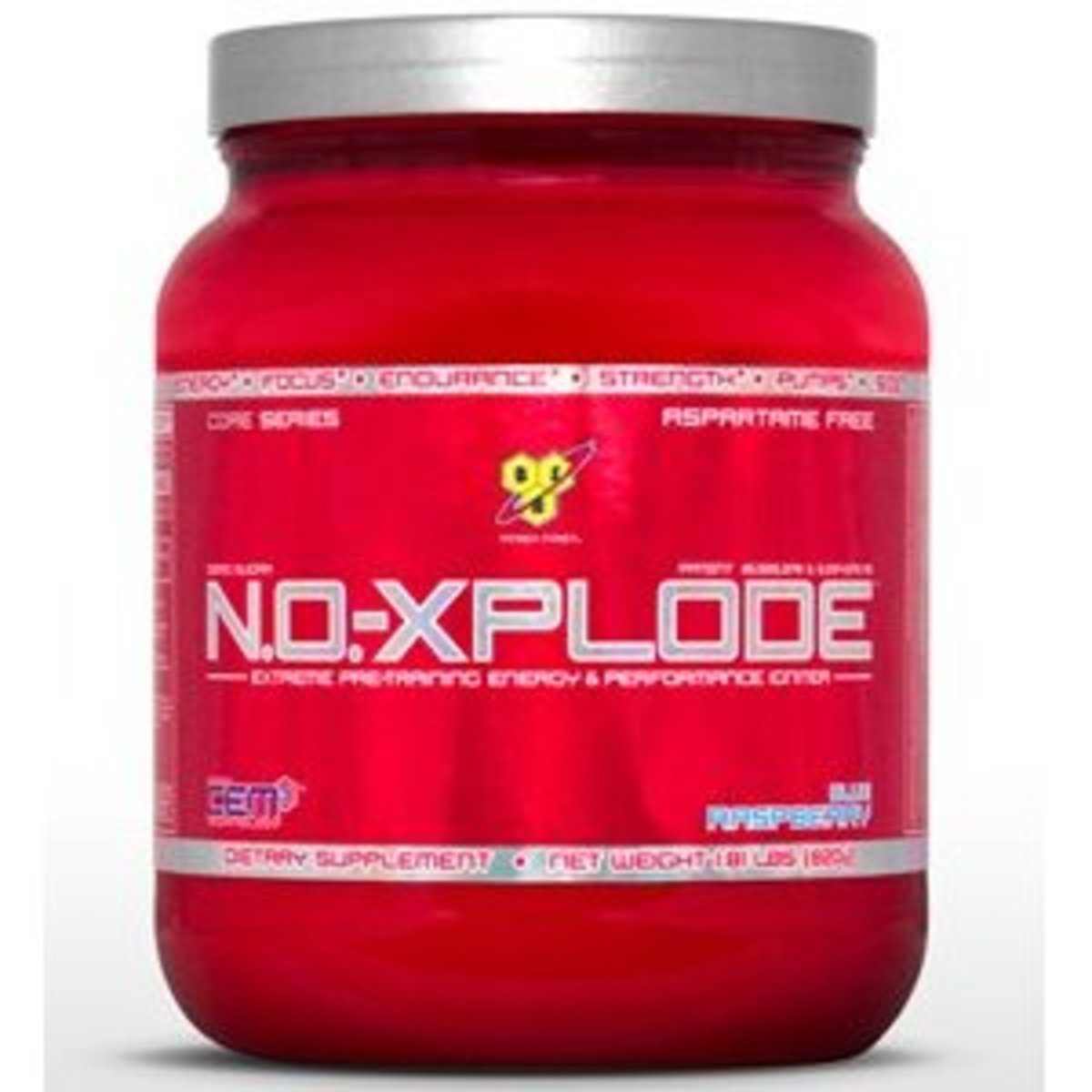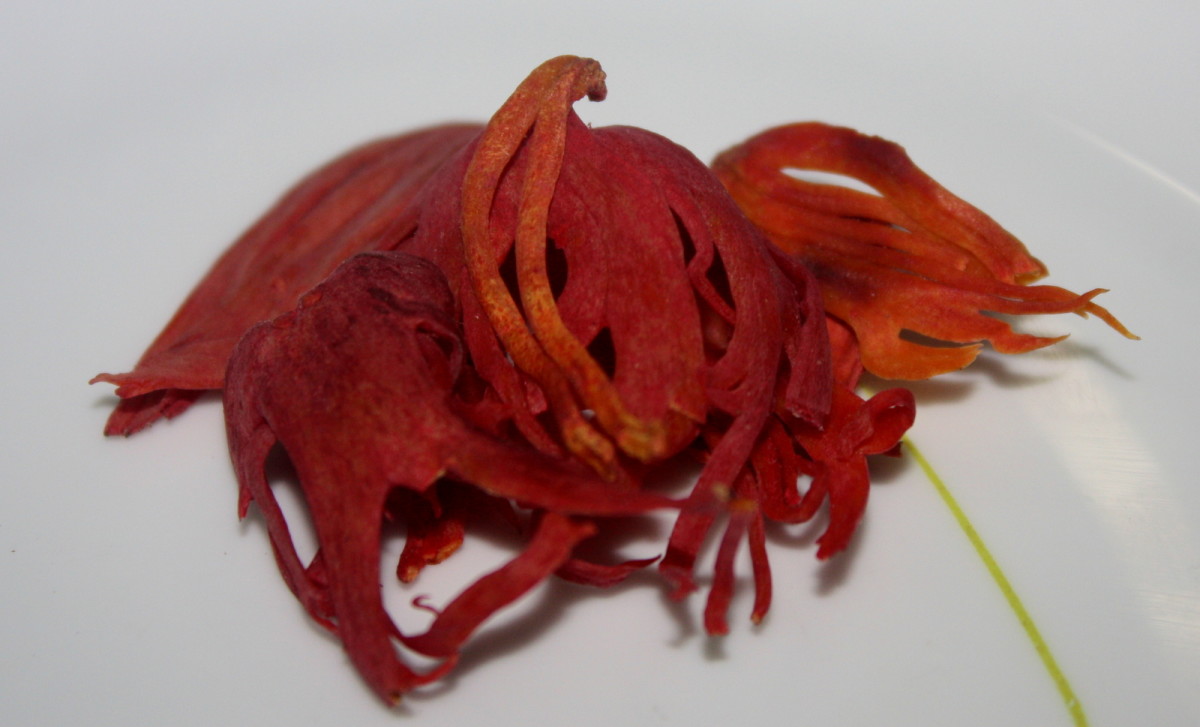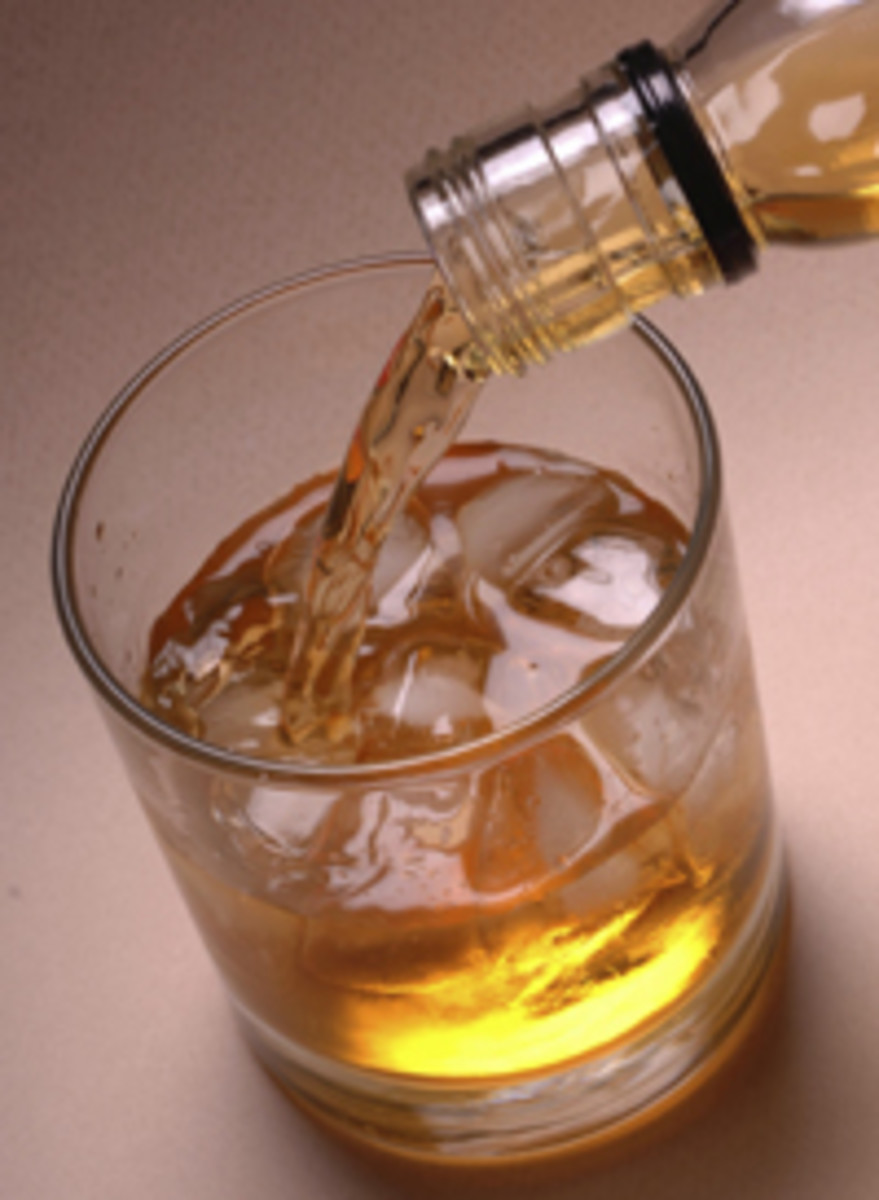Not All Fat is Bad, but Which Fat is Good Fat?
I'm sure you've probably programmed yourself to be scared of eating any type of fat by now, but you actually do NEED to eat fat.
The fear probably stems from your dislike for having fat on your body, but eating fat isn't what makes you fat. Eating excess calories is what makes you fat; that means eating ANYTHING can make you fat if you eat too much of it.
But if you tried to cut all the calories out of your diet, like you're trying to with fat, you wouldn't last very long would you? So why are you picking on fat like that!?
Some fat is actually good for you. Let's go through each type of fat and you'll see what I mean.
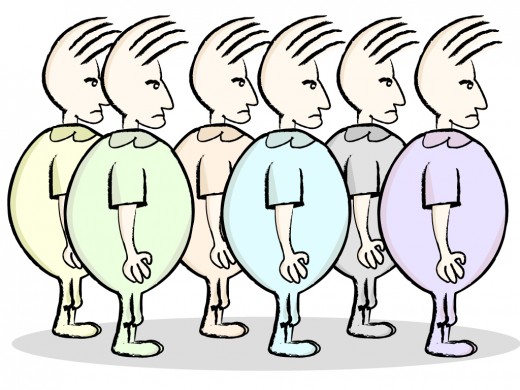
Unsaturated Fat
Let's start out with some good fat; unsaturated fat. There are two types of unsaturated fat: mono and poly.
What makes a fat unsaturated or saturated is its hydrogen content.
Monounsaturated fats have one double bond between carbon atoms, which eliminates hydrogen atoms at that point. So now, that fat molecule isn't completely saturated with hydrogen and, since it only has one double bond, it's MONOunsaturated fat.
Polyunsaturated fats have more than one double bond between carbon atoms; that means even less hydrogen. Since there's more than one double bond, that makes it POLYunsaturated fat.
What makes unsaturated fat good?
You may have already heard that there is good cholesterol (HDL) and bad cholesterol (LDL). Unsaturated fats are considered good fats because they lower the levels of bad cholesterol and raise the levels of good cholesterol.
What are some sources of unsaturated fat?
Some good sources for you to get unsaturated fat are salmon, avocados, pecans, and oils like olive oil, safflower oil and sunflower oil. So you're mostly looking at fish, nuts and vegetable oils.
Omega Fatty Acids
To break things down even further; there are 3 "families" of unsaturated fat called omega fatty acids. The difference between the types of omega fatty acids is based on where they have their final double bond between carbon atoms.
- Omega-3: The final double bond is the third bond from the methyl end of the fatty acid.
- Omega-6: The final double bond is the sixth bond from the end of the fatty acid.
- Omega-9: The final double bond is the ninth bond from the end of the fatty acid.
What makes omega fatty acids good?
Omega-3 fatty acids have been shown to reduce inflammation, make you happier, protect your cardiovascular system, help prevent you from a heart attack or stroke and help prevent breast, colon and prostate cancer.
Omega-6 fatty acids have been shown to reduce inflammation, reduce discomforts of PMS, clear up acne, reduce the symptoms of eczema and keeps your bones strong.
But you don't want to go overboard with omega-6! Most of us get too much omega-6 in our diet and that can cause health problems. Try to reduce the amount of omega-6 fatty acids you eat and keep it more in balance with your omega-3 intake. It's been said that the "perfect ratio" is one omega-3 fatty acid to every four omega-6 fatty acids.
Omega-9 fatty acids have been shown to reduce atherosclerosis, reduce insulin resistance, improve immune function and protect against certain types of cancer.
What are some sources of omega fatty acids?
Omega-3 and omega-6 fatty acids are considered essential fatty acids because our body cannot create them. Which means we must get them from our diet. Omega-9 can be created by our body, so it's not essential that we include it in our diet.
Some good sources for you to get omega-3's are flaxseed oil, hemp seed oil, walnuts, pumpkin seeds and salmon.
Some good sources for you to get omega-6's are grape seed oil, pine nuts, sunflower seeds, pistachio nuts and chicken.
Some good sources for you to get omega-9's are olive oil, almonds, avocados, hazelnuts and sesame seed oil.
Saturated Fat
Now we get to the bad side of fat; saturated fat. It's called saturated fat because there are no double bonds between the carbon atoms so it's completely saturated with hydrogen atoms.
A saturated fat will most likely be solid at room temperature. If you heat it up it'll turn into greasy goodness.
What makes saturated fat bad?
Just like unsaturated fat, saturated fats will raise levels of good cholesterol BUT they also raise levels of bad cholesterol too. This can increase your risk for heart disease and stroke.
You do need some saturated fat in your diet, so don't aim to cut it out completely, but you need to limit your intake.
What types of food should I try to avoid?
You'll want to try to limit your intake for foods like fatty cuts of meat, processed meats, bacon, egg yolks, butter, whole-milk dairy products and processed grain products like cookies, cakes and pastries.
Is there such a thing as "good" saturated fat?
Yes, there are some food sources that have a lot of saturated fat in them that are actually good for you! For instance, coconut oil is loaded with saturated fat, but it's not something you should avoid. The saturated fat in coconut oil is chemically different from the saturated fat in meats and vegetable oils.
Coconut oil is good for your heart, immune system, metabolism, skin and can even help with weight loss!
Trans Fat
And now we've come to the baddest fats of them all; trans fat. It's a wolf in sheep's clothing because it's actually an unsaturated fat!
Companies will add hydrogen to liquid vegetable oils to make them more solid so that they last longer. They do this because it's cheaper for them and it creates a specific taste and texture. So watch out for the words "partially hydrogenated" on your nutrition labels! Even if they list the trans fat content as zero, you don't want it!
What makes trans fat so bad?
Trans fat raises levels of bad cholesterol and LOWERS levels of good cholesterol! So it's even worse than saturated fat. That means you're even more at risk for heart disease and stroke when you consume a lot of trans fat in your diet.
What types of food should I try to avoid?
You'll want to try to avoid eating fried foods and baked goods like french fries, doughnuts, cookies, pastries and margarine. And if all else fails CHECK THE LABEL for partially hydrogenated oils! If it's in there, don't eat it.
Is there such a thing as "good" trans fat?
YES! There definitely is. Some trans fat occurs naturally and is not created in an industrial process. There's a trans fat called vaccenic acid that occurs naturally in meat and dairy products. It's not the same kind of trans fat as I talked about above BUT it will show up on your nutritional labels. Just remember that it's not the same.
Another type of naturally occuring trans fat that's particularly good for you is conjugated linoleic acid or CLA. It's been shown to increase metabolic rate, enhance muscle growth, lower insulin resistance, prevent cancer, enhance your immune system and aid in weight loss!
Since you probably don't have access to a certain type of meat that's very high in CLA (kangaroo meat) you can aim to get your CLA from meat and dairy products from grass-fed animals. You want to make sure it's grass-fed and not grain-fed; this ensures that you'll get anywhere from 3 to 5 times more CLA in your meat and dairy products! You can also get CLA in a supplement form.
So I hope that after reading all this you're not as fearful of fat as you may have been before. There are some good sides to fat! Just watch what TYPE of fat you eat and regulate your overall calories and you should be on your way to a healthier body. Information is key! Now let's eat...





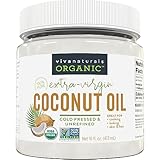


![NatureWise CLA 1250 - CLA Supplement with Conjugated Linoleic Acid for Women and Men, Non-Stimulating CLA, Supports Healthy Weight, Fitness Goals - non-GMO, Gluten Free - 180 Softgels[2-Month Supply]](https://m.media-amazon.com/images/I/41OgLFiMBrL._SL160_.jpg)

